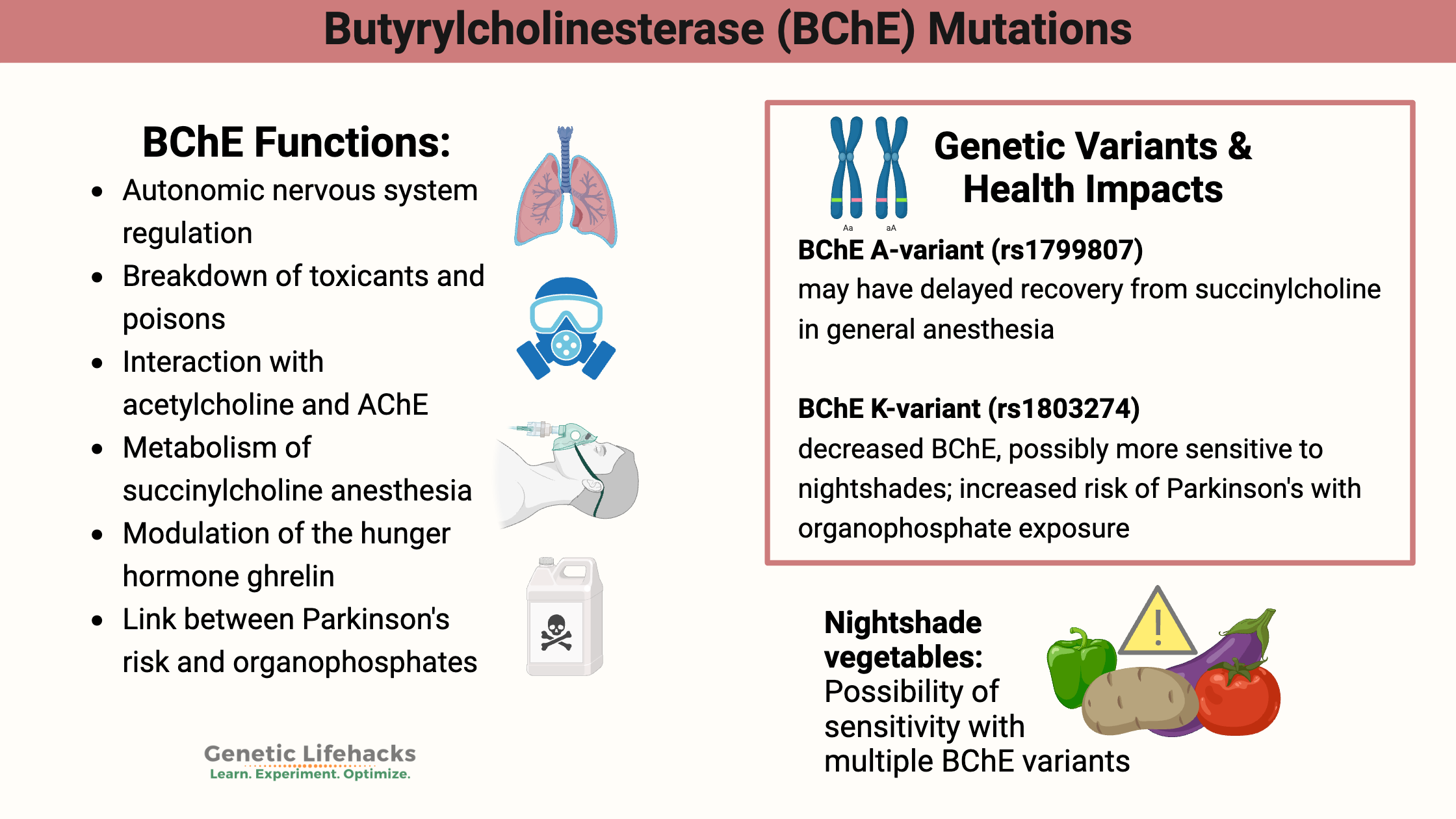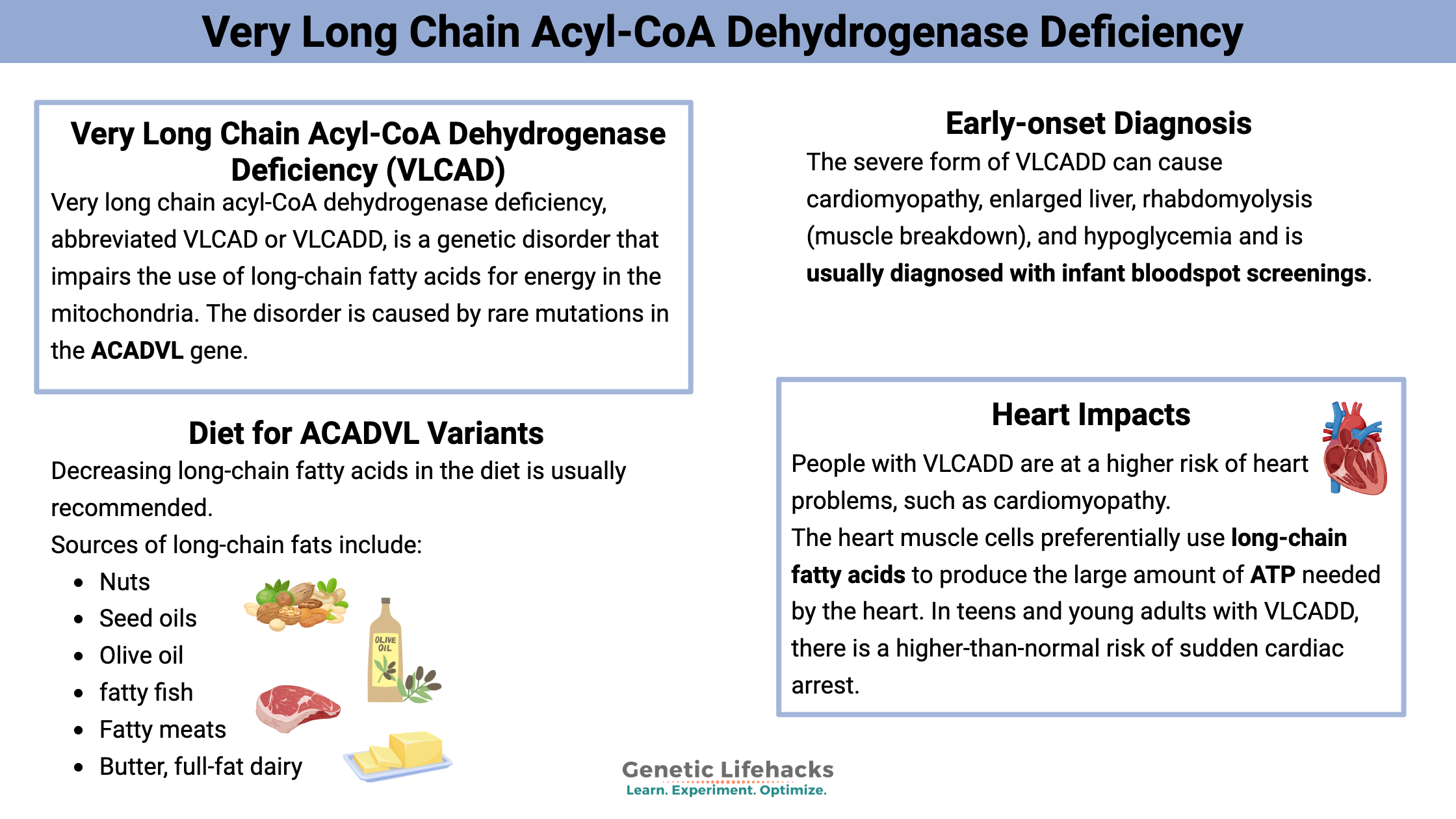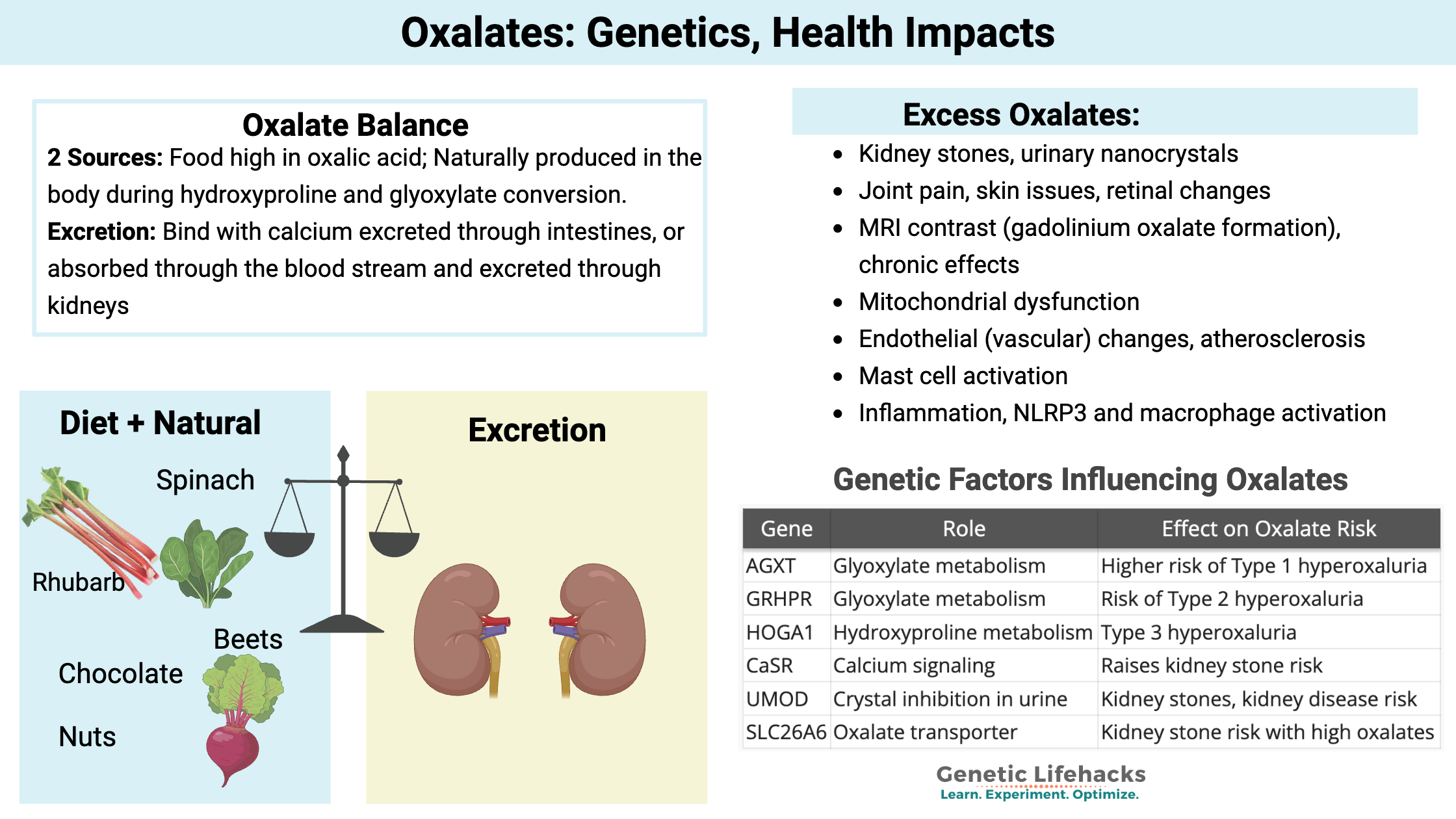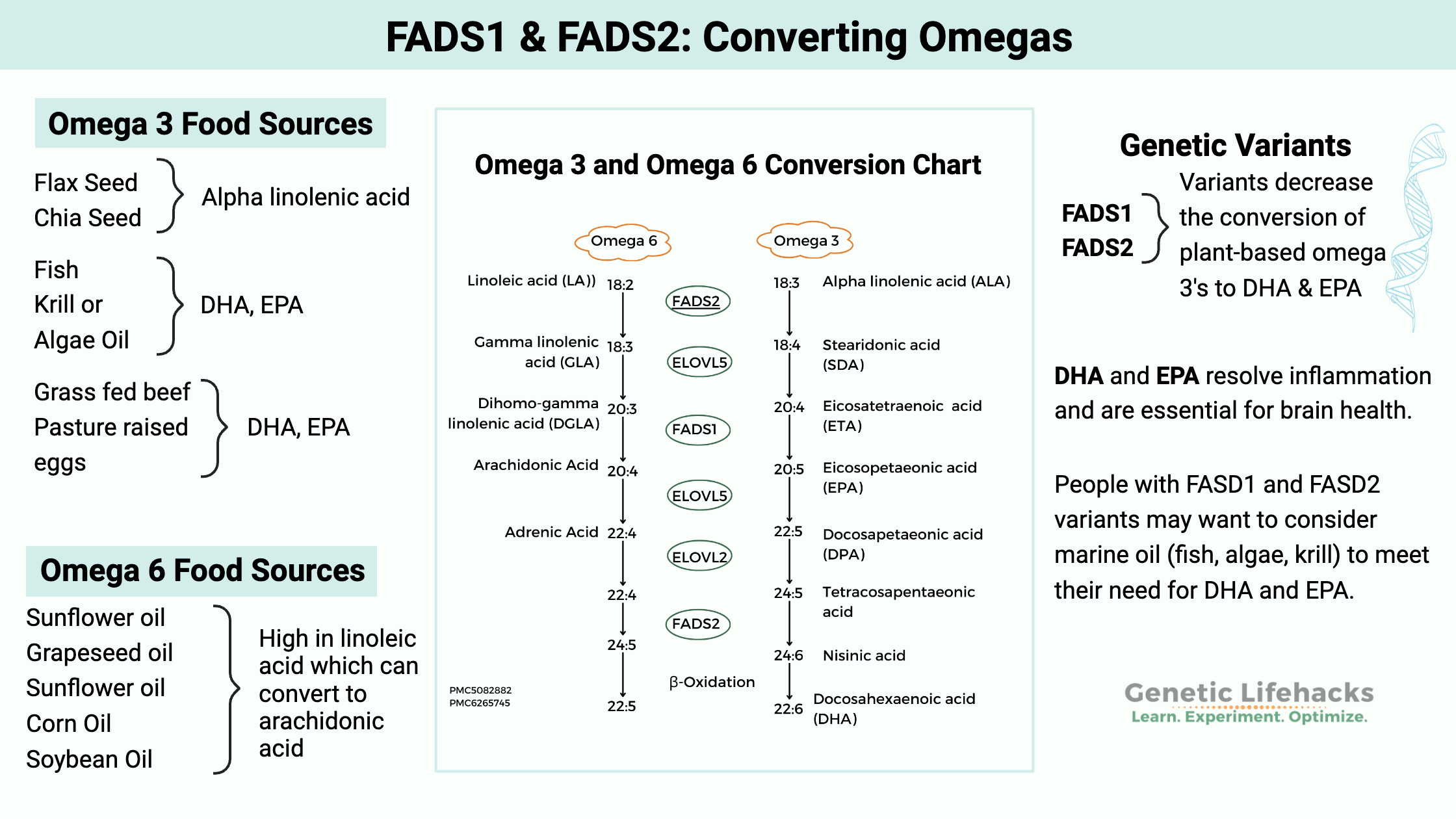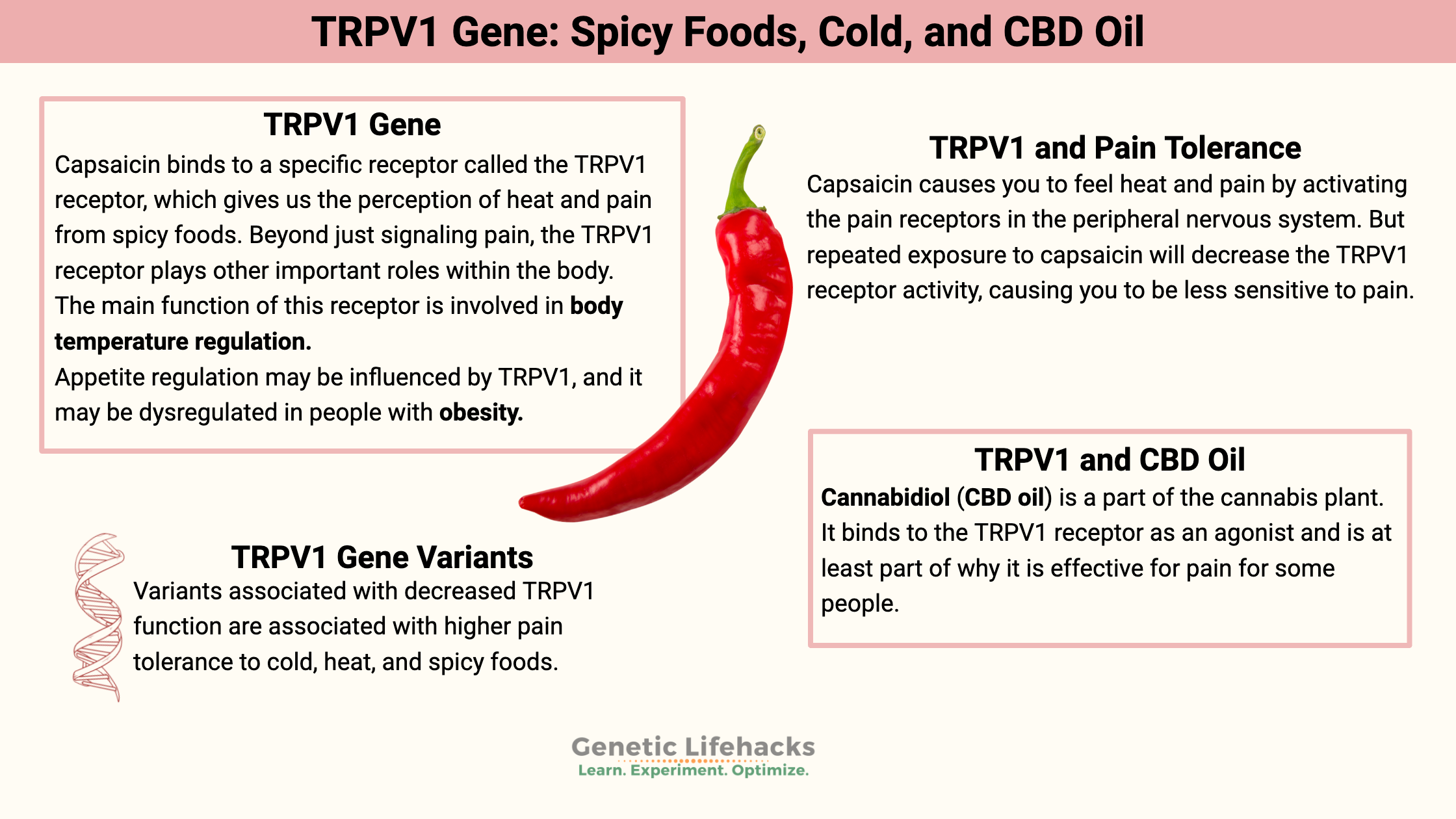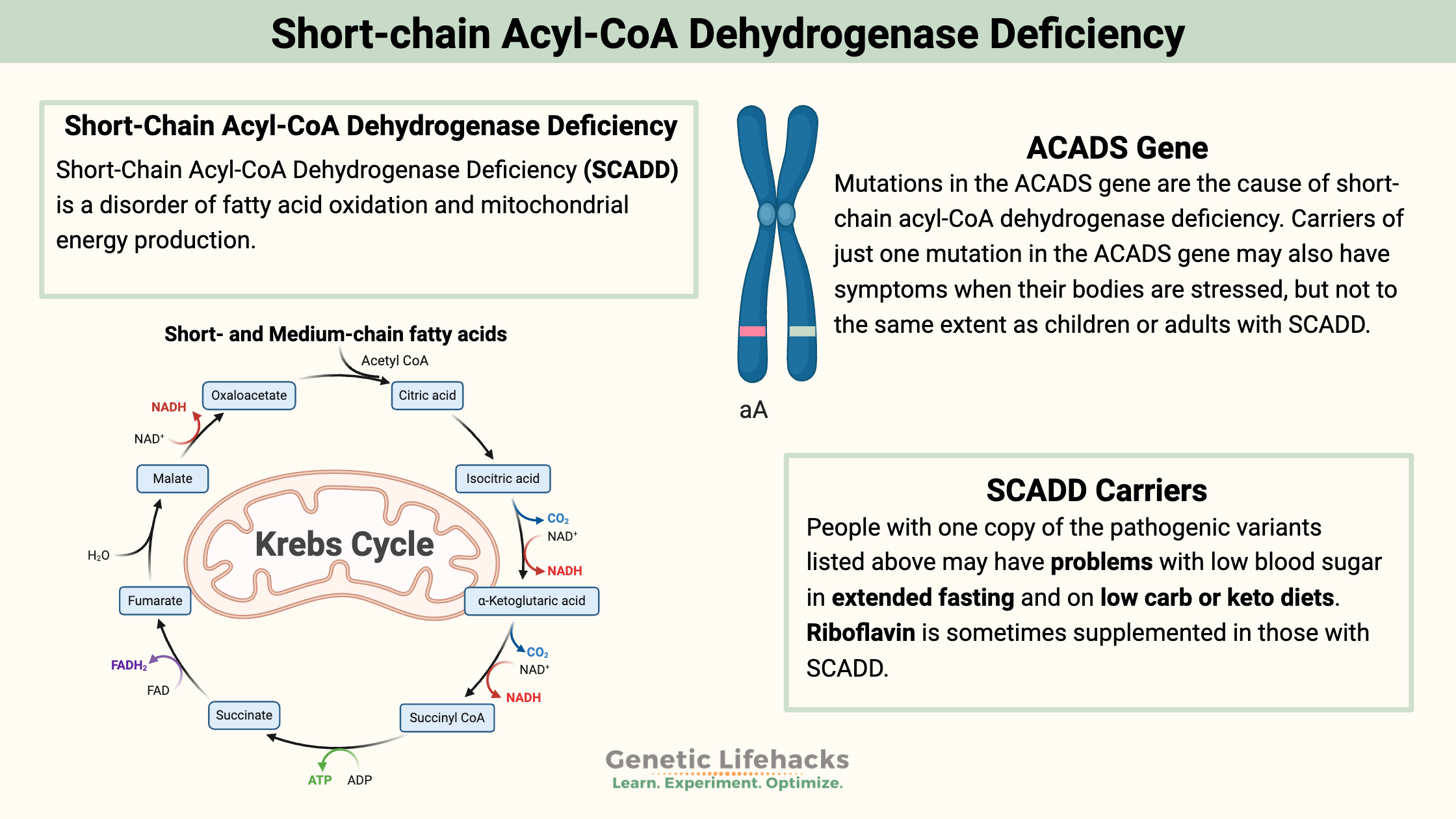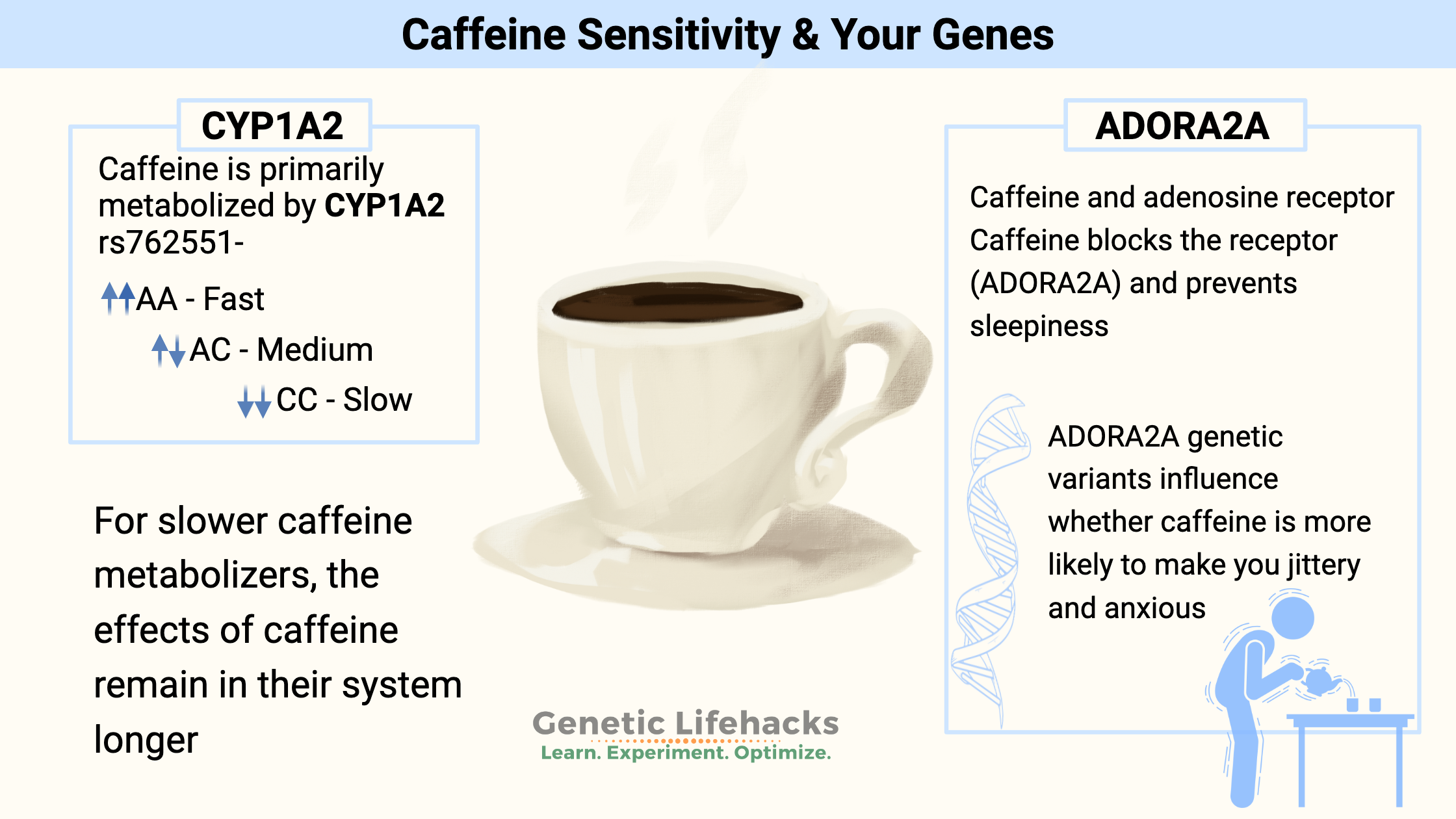BChE gene: Nightshade sensitivity, Anesthesia risk
Genetic variants of the BChE gene decrease its enzyme’s activity. This can lead to various and seemingly unconnected consequences…such as an increased risk for Parkinson’s or food sensitivity to potatoes.

